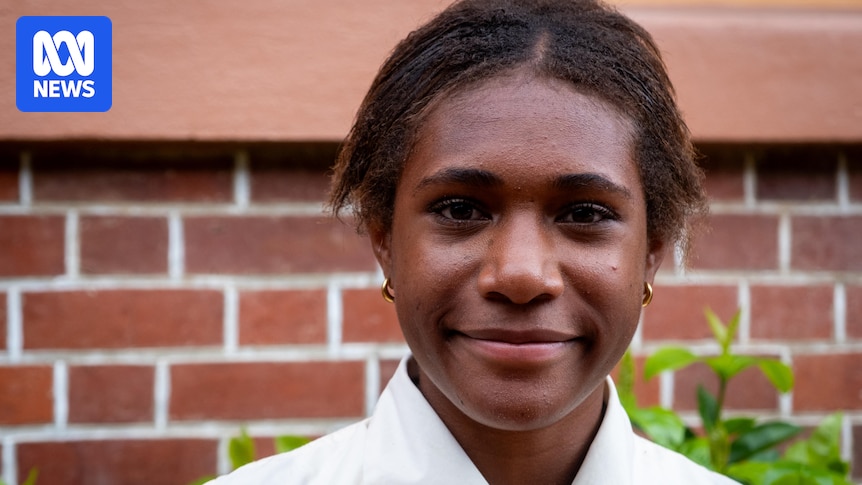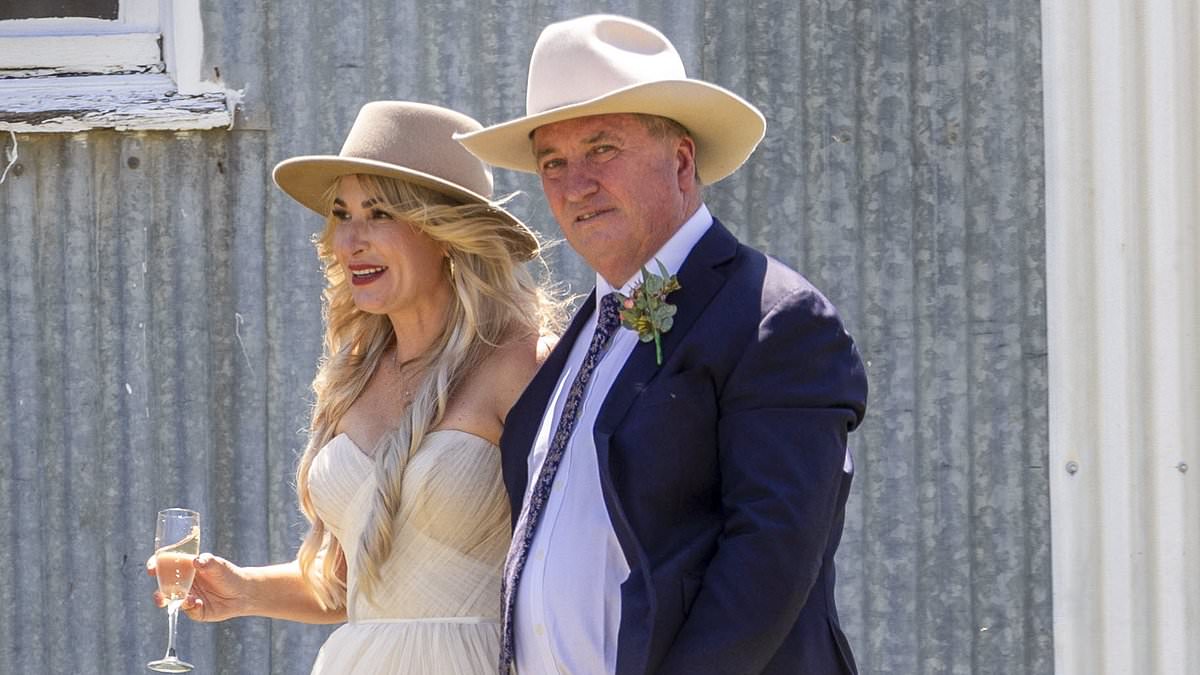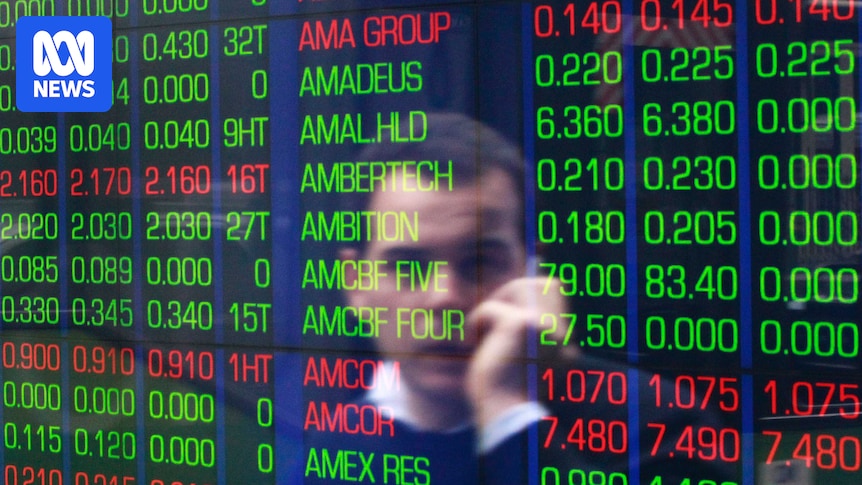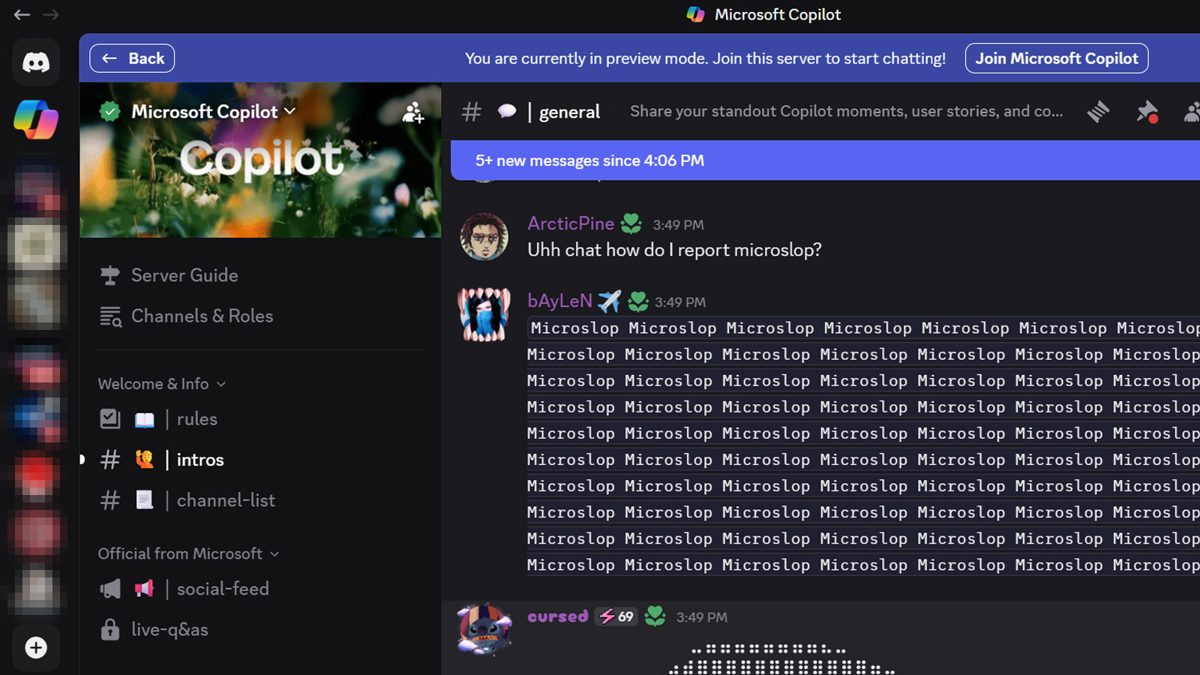
Cleo Waike, a 14-year-old boarding student from Papua New Guinea, is facing the prospect of losing her primary means of communication with family and friends due to an upcoming social media ban in Australia. Like many of her peers, Cleo relies on platforms such as TikTok, Snapchat, and Instagram to stay connected, as she does not have their phone numbers.
Starting next month, Australian law will require platforms like Instagram, TikTok, and YouTube to take reasonable steps to prevent children under 16 from having accounts. This unprecedented legislation, overseen by Australia’s eSafety Commissioner, could impose fines of up to $50 million on companies that fail to comply.
Impact on Boarding Students
For Cleo, who attends Townsville Grammar School in north Queensland, the ban represents a significant barrier to maintaining her relationships. With limited and costly opportunities to visit her home in PNG’s East New Britain Province, she fears a loss of communication with her family.
“I feel like there’s going to be a loss of communication between each other,” Cleo expressed. “It’s going to be really different.”
She is not alone in her concerns. There are approximately 21,000 boarding students across Australia, many of whom depend on technology to stay in touch with loved ones. Dane Olsen, a fellow boarder from Melbourne, acknowledges the potential benefits of reduced screen time but believes the decision to restrict access should rest with parents rather than the government.
“I just think it should be up to the parents, more than a blanket rule imposed on everyone,” Mr. Olsen said.
Government’s Stance and Industry Response
Communications Minister Anika Wells emphasized that the responsibility for enforcing the law lies with social media platforms, which have had a year to collaborate with the eSafety Commissioner. Despite this, some students, like Makayla Royan, were unaware of the impending changes until recently.
“I haven’t really spoken to my friends about the ban,” Makayla noted. “I didn’t really know it was happening until a couple of weeks ago.”
While the new laws will affect nine major social media sites, platforms such as Messenger, WhatsApp, YouTube Kids, Roblox, and Discord will remain accessible to users under 16. Minister Wells acknowledged the law’s imperfections but stressed its necessity.
“We know this law will not be perfect, but it is too important not to have a crack,” she said.
Concerns and Adaptations
Richard Stokes, CEO of the Australian Boarding School Association, which represents 204 boarding schools nationwide, highlighted the importance of providing additional support to students during the transition, especially as the restrictions coincide with the summer school holidays.
“That’s a real issue of concern for us, to make sure kids don’t become isolated, particularly if they’re a long way from their school,” Stokes stated.
Meanwhile, students like Ejay Aschman, whose family resides in Hong Kong, are already considering workarounds to the age verification requirements, despite acknowledging the potential benefits of less screen time.
“VPNs, using each other’s IDs [if] someone has an older brother or sister,” Ejay mentioned. “I just know it’s going to be annoying.”
Looking Forward
The announcement of this new legislation comes amid growing global scrutiny over the impact of social media on young people. As Australia takes this bold step, it sets a precedent that may influence other nations grappling with similar concerns. The effectiveness of the law and its enforcement will be closely watched by both advocates and critics.
As the December 4 deadline approaches, the focus will be on how students, parents, and educational institutions adapt to this significant change. The dialogue surrounding digital safety and youth engagement with technology is likely to continue evolving, reflecting broader societal shifts in the digital age.







